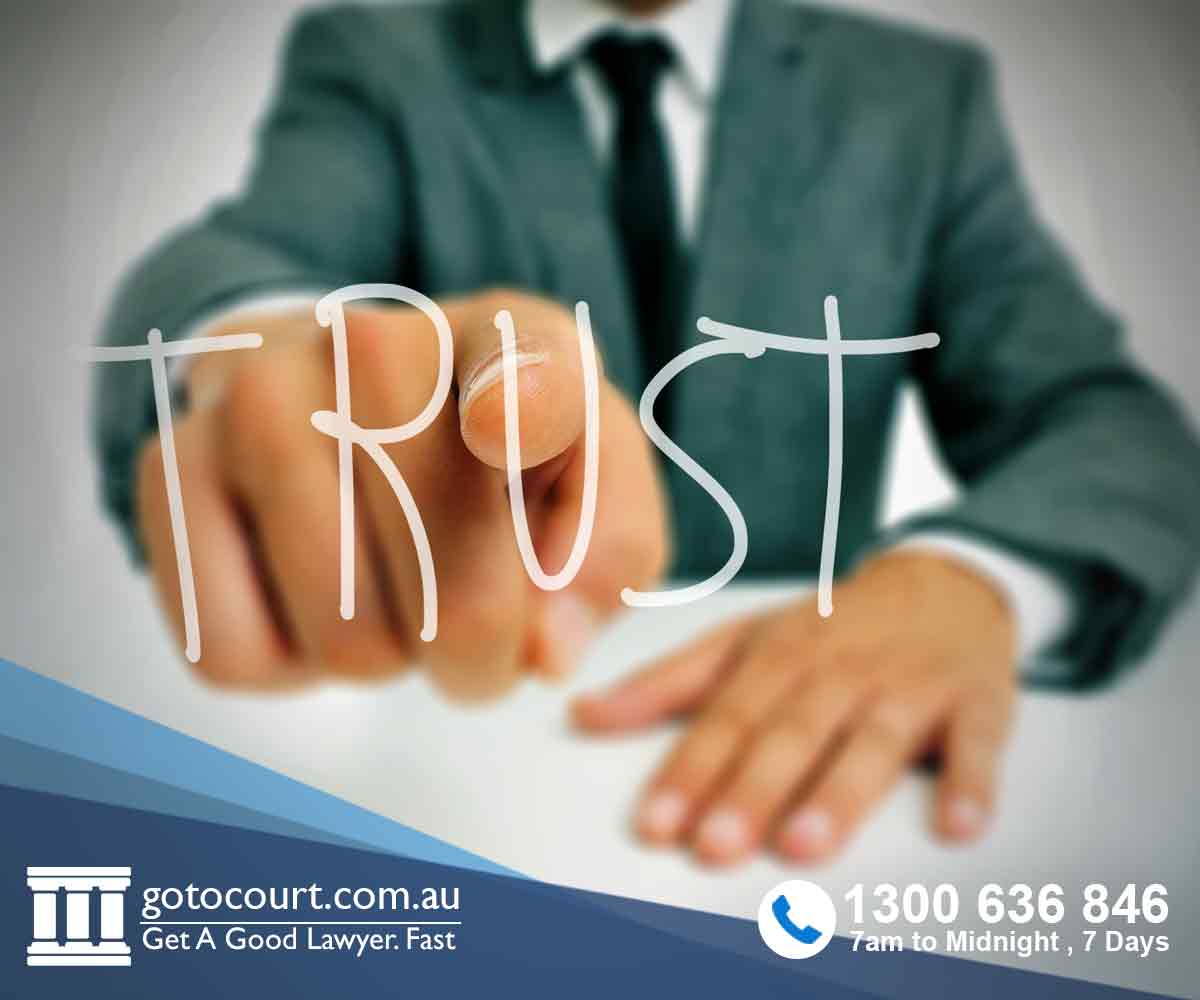Trustee Duties in South Australia
A trust is a legal obligation requiring a party (the trustee) to deal with property in a certain way for the benefit of another party (the beneficiary). Trust property can be tangible property, such as land, money or personal effects or intangible property, such as shares. A trust may be formed in a range of circumstances and for a range of reasons. This page deals with trustee duties in South Australia.
Who is a trustee?
A trustee may be an individual or a company. A trustee company is a professional organisation that can administer the terms of a trust.
A trustee is the party that holds the funds or legal title to the trust property on trust for the beneficiary and is responsible for the management of the trust.
Forming a trust
A trust can be created for various reasons, including providing ongoing support for a beneficiary, providing effective estate planning, distributing income to achieve the best tax outcomes, protecting assets when individual members of a company become bankrupt or providing for a benevolent cause such as a bequest for medical research.
A trustee may be appointed by a settlor (the person who provides the funds for the benefit of another), by a testator’s will, or by a court. In the other states of Australia, the maximum life of a trust is limited by the perpetuity period. There is no maximum time limit on a trust in South Australia.
The most common forms of trusts are:
- discretionary trusts, where the trustee may make decisions on behalf of the beneficiaries
- bare trusts, where the trustee simply holds property on behalf of the beneficiary
- hybrid trusts, which are a combination of a discretionary trust and a bare trust
- testamentary trusts, which are created under a person’s will
- unit trusts, where money from many investors is managed by a trustee
- superannuation funds, which are held on trust for a person until they reach retirement.
Trustee duties and powers
Trustee powers are usually conferred on a trust by the trust instrument. Where the powers of the trustee are not set out in the trust instrument, the powers and obligations of the trustee are determined by the provisions of the Trustee Act 1936.
The Trustee Act 1936 sets out how trust property must be managed, the duties of trustees in respect of their power of investment and the matters to which trustees must have regard in exercising the power of investment on behalf of beneficiaries.
A trustee owes a fiduciary duty to the trust beneficiaries. This is a legal obligation to act in the best interest of the beneficiaries, to put their interests ahead of the trustee’s personal interests, to act fairly and impartially towards all beneficiaries, to avoid conflicts of interest and to exercise the care, diligence and skill that a prudent person would exercise in managing the trust affairs.
Trustees can be paid for their time and trouble in performing their duties only if the trust specifically provides for payment.
Consequences of mismanaging a trust
If a party believes that a trust has been mismanaged, they may apply to the Supreme Court of South Australia for orders.
A trustee is liable for any loss of trust property that occurs as a result of their own wrongful or negligent act or omission, and for losses that result from circumstances that the trustee could reasonably be expected to have foreseen or avoided.
The Supreme Court may excuse a trustee from personal liability for a breach of trust even if they are, or may be, personally liable for a breach of trust if the trustee has acted honestly and reasonably and it is fair to excuse them for the breach of trust.
A trustee can also be removed from a trust for mismanagement. If a trust has an appointor, then this person can remove the trustee and appoint another. The trust instrument may also set out a procedure for removing a trustee.
The Supreme Court also has the authority to appoint a new trustee in substitution of a trustee using the powers under the relevant trustee laws and under its inherent jurisdiction.
If you require legal advice or representation in any legal matter, please contact Go To Court Lawyers.



